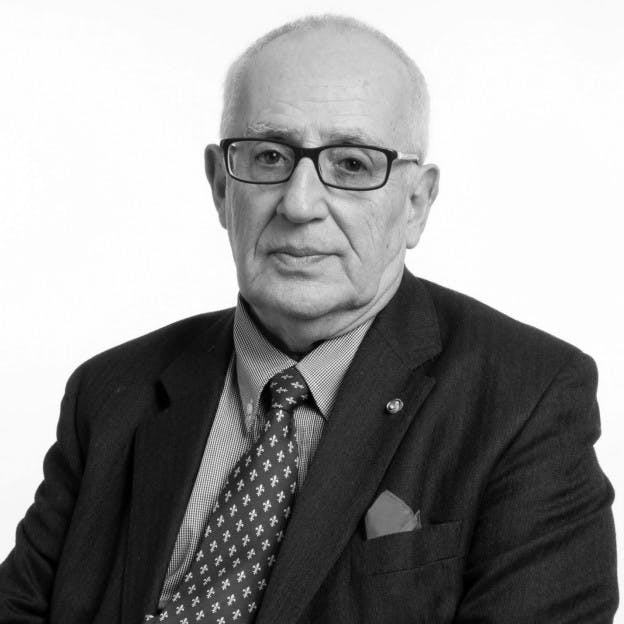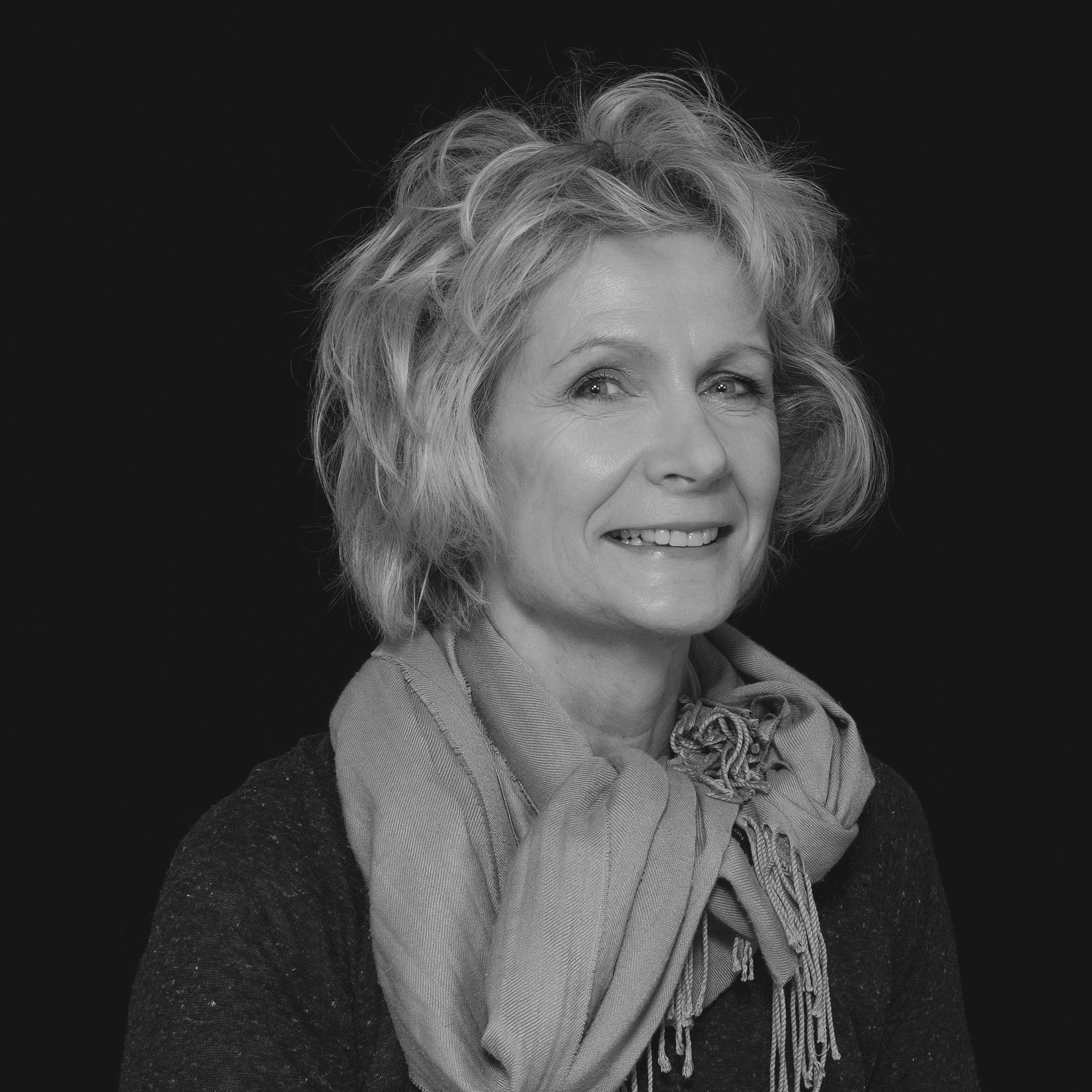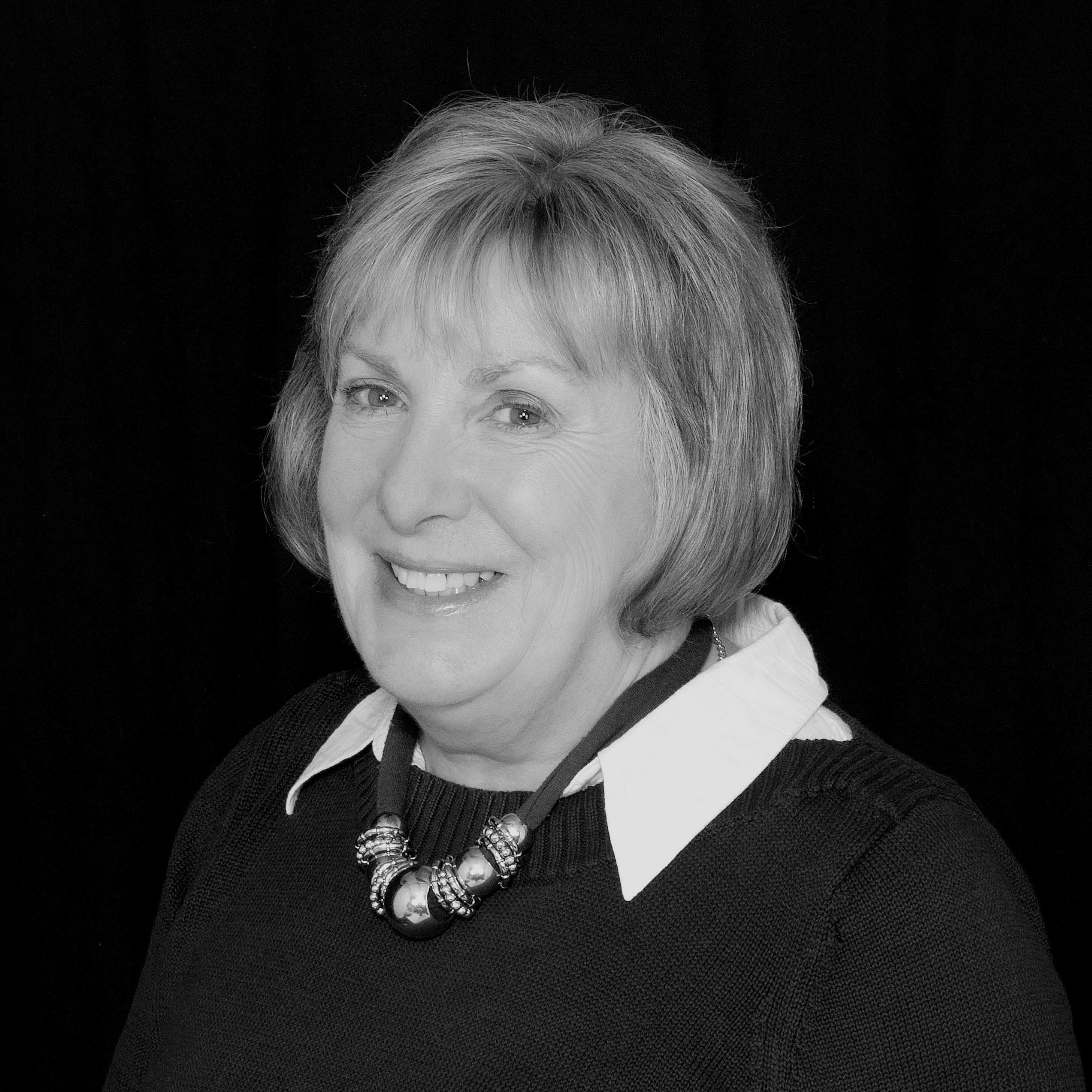Improved palliative care for lung cancer patients through PATCH-funded MSc
We were delighted to support Rebecca Crabb in her MSc in Palliative Care at the University of Glasgow last year.
Read morePatch is the first charity specifically to support 24/7 specialist palliative care for patients in Scottish hospitals. We will do this by funding hospitals to provide resources such as dedicated beds, staff, advisory services and research.
Most hospitals have access to specialist palliative care for only 25% of the week, namely Monday to Friday 9am–5pm.
It is not, at present, obligatory for hospitals to have specialist palliative care available on site 24/7. [1]
Imagine how much better patient care would be if all patients had skilled, specialist palliative care available twenty four hours a day, seven days a week. That’s what we aim to do.
PATCH is dedicated to supporting hospitals to improve palliative care and ensuring patients receive high quality palliative care if needed, when they need it — 24 hours a day seven days a week.

Professor Sir Alfred Cuschieri MD FRSE FRCS
PATCH Patron

Steven Thompson
Director of Digital Services

Kate Forster
Director

Dr Gordon Paterson OBE FRCPEdin
Interim Chairman

Dr Pamela Levack FRCP
Medical Director

Mrs Trudy McLeay MSc DCRR
Secretary